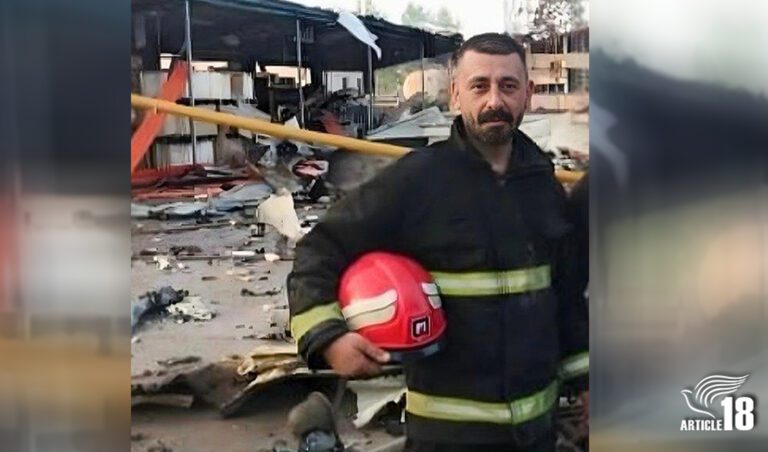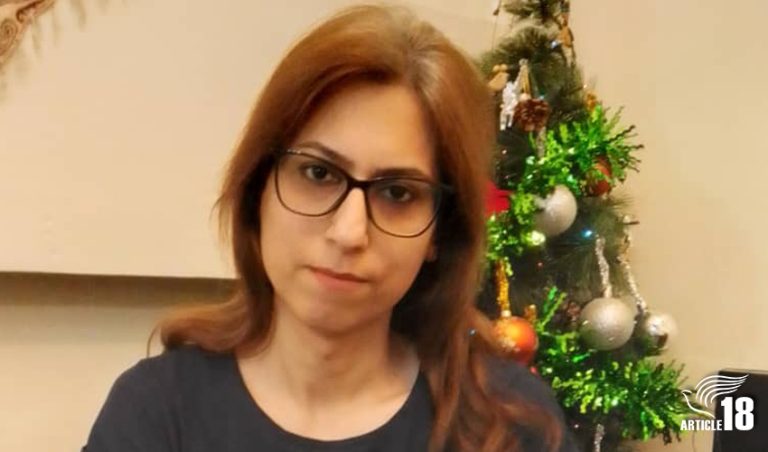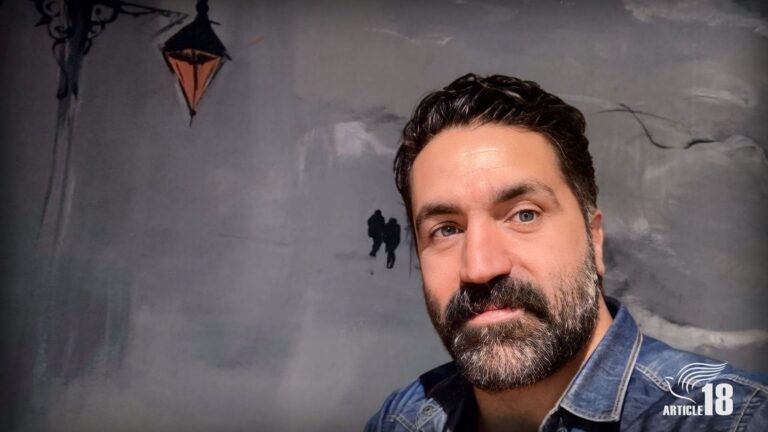
Mohammad Moghiseh (left) and Ali Razini.
Two infamous judges counted among Iran’s so-called “Judges of Death” for handing out sentences of execution to opponents of the regime were murdered by an unidentified assailant in Tehran’s Supreme Court on Saturday.
The assassinations of Mohammad Moghiseh, 68, and Ali Razini, 71, prompted numerous former prisoners of conscience and political prisoners to share their experiences in court with the two judges and remembrances of individuals executed under their rulings.
Moghiseh presided over the cases of many Christians during his time as a Revolutionary Court judge, sentencing at least 16 Christians to a combined total of nearly 100 years in prison.
Razini, meanwhile, led Iran’s Special Clerical Court at the time the execution sentence of Christian convert and pastor Hossein Soodmand was issued for his “apostasy” in 1990.
Razini had been appointed by the founder of the Islamic Republic, Ayatollah Ruhollah Khomeini, in 1987 and held the post until 2012.
It was on 3 December 1990 when Rev Soodmand’s family were informed that he had been hanged in the courtyard of Mashhad Prison for his steadfast adherence to his Christian faith.
The pastor’s family were denied the opportunity to bid him farewell. He was buried without dignity in a desolate area on the outskirts of the city referred to as “La’natabad” (Cursed Place), and the authorities did not permit the placement of a gravestone bearing his name.
Five years ago, his burial site was destroyed.
Razini played a direct role in the arrest, trial, and mass execution of religious minorities and political dissidents of the Islamic Republic due to his executive and judicial positions during the 1980s and beyond. He is recognised as a violator of human rights.
Moghiseh, meanwhile, was notorious for his harsh treatment of Christians and foul language.
In one case, the judge, who was sanctioned by the US, Canada and the EU, told four Christian converts their actions had been “worthy of death” and increased their bail to over $200,000 each to prevent them from “roaming the streets”. Moghiseh spoke obscenely to the Christians – including Yasser Akbari, whose only son died during his subsequent years of imprisonment – and refused to listen to their defence, only citing the report of the intelligence agent.
A year earlier, he had rejected nine converts’ choice of lawyer and insisted they be represented by a lawyer of his choosing, telling them: “You are apostates, and you deserve to be executed!” When five of them refused his choice of lawyer, Moghiseh increased their bail tenfold to over $100,000 and, being unable and unprepared to pay such an amount, they were forced to remain in prison. The other four elected to defend themselves.
When the nine – including Babak Hosseinzadeh, Abdolreza (Matthias) Ali-Haghnejad and Behnam Akhlaghi – were eventually acquitted by the Supreme Court, before Moghiseh’s own promotion there, his conviction of the converts to five years each in prison was criticised as having been based only on “speculation and conjecture”.
“The contents of the case indicate that the individuals named prayed and worshipped in their home church according to the teachings of the Christian religion, and that there was no sufficient religious evidence or positive evidence based on the investigation, the elements, and the circumstances of the crime of acting against the security of the country in the case,” the Supreme Court ruled. “Individuals in society cannot be considered guilty and sentenced to punishment based on speculation and conjecture.”
Moghiseh also presided over the cases of Iranian-Armenian Christian Sevada Aghaser and Christian converts Maryam Naghash Zargaran and Ebrahim Firouzi, who between them were sentenced to 14 years in prison.
Ebrahim tragically died last year at the age of 37, having spent over seven of those years in prison or internal exile as a result his sentencing by Moghiseh.




0 Comments